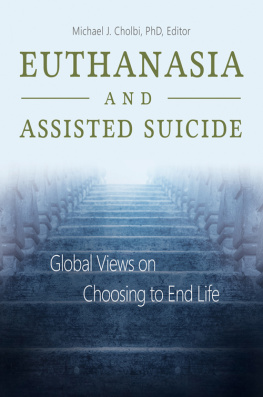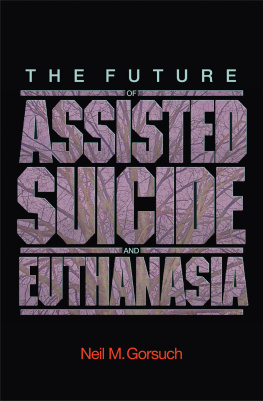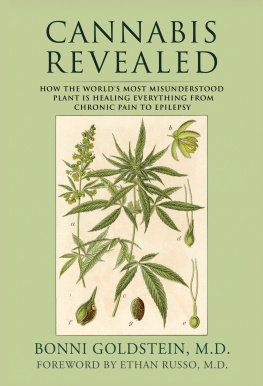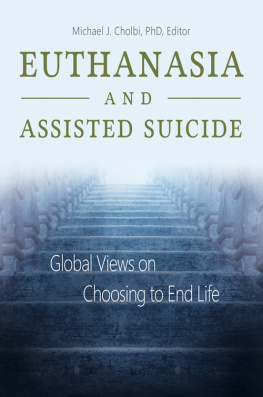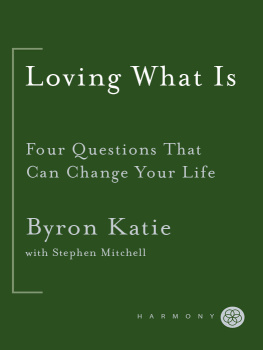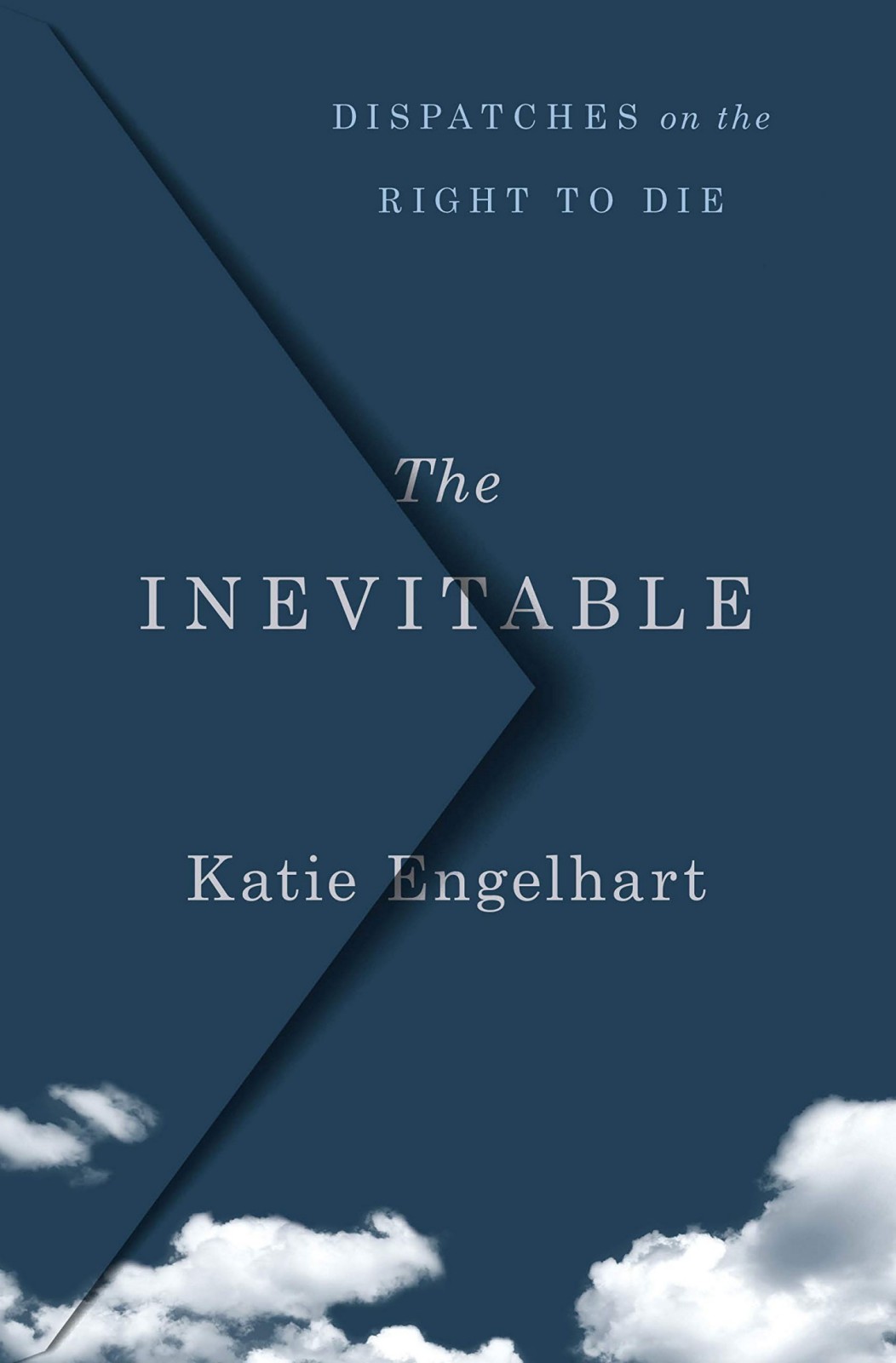Where indicated with an asterisk, I have used a pseudonym and sometimes changed several identifying details to protect the privacy of the person concerned. Otherwise, all names and details are real.
Betty* said that she would go to Mexico herself. Im going to do it, she told the others. Lots of people went to Tijuana, but Betty chose Tecate, a small city off Federal Highway 2 surrounded by mountains. She had read in her online suicide manual about Mexican pet stores where in-the-know foreigners could buy lethal poison. All you had to do was tell the employee at the register that your dog was very sick and needed to be put to sleepand that you were there to buy the sleeping agent. Im on the case, Betty texted her friends from outside a local shop. She was a little bit scared, but not too scared. She didnt think the police would seriously target a woman in her seventies. Theyre not going to go after a little old lady, she said. And I could pull the little-old-lady cover if I had to. I could sit and cry if I had to. No problem.
Back in Manhattan, before she left for Mexico, Betty had bought a handful of expensive-looking cosmetics bottles and printed labels to stick on the front of them: FOR SENSITIVE SKIN ONLY. The idea was that she would transfer the pet-store poison into the decoy containers before driving back over the border into California and flying home. The drugs would belong jointly to her and her two best friends. They would hold on to them quietly, in their respective Upper West Side apartments, until someone got sick. We have a pact, Betty said. The first one who gets Alzheimers gets the Nembutal. The fast-acting barbiturate would put the drinker to sleep quickly, but not suddenly. Once she was asleep, her breathing would likely slow over the course of fifteen or twenty minutes, before it stopped.
Betty told me this shortly after we met. It was at a wedding. I was a friend of the bride. She was the mother of the groom. We first spoke outside, on the lawn, beside an old canoe filled with melting ice and bottles of white wine. Later, we talked at her apartment, which had chandeliers in the hallways and a rheumatic wood-paneled elevator. Bettys reading glasses hung from a cord around her neck, and she put them on and took them off and put them on again, again and again, as we spoke. I hadnt been looking for herwe met by chancebut when I told Betty about the book I was writing, she laughed and said that she had a story for me. By the time I heard it, I had interviewed enough people to know that all across America, sick and elderly men and women are meticulously planning their final hours: sometimes with bottles from Mexican pet stores or powders from drug dealers in China or gas canisters from the Internet or help from strangers. I also knew that while most reporting about the so-called right to die ends at the margins of the law, there are other stories playing out beyond them. Away from medical offices, legislative chambers, hospital ethics committees, and polite conversation. I knew that this was where I wanted my book to begin.
It had recently occurred to Betty that she had no interest in growing very old or dying very slowly. An old friend was in his nineties and it depressed her to see him still hanging around. It depressed him, too. He was brittle and bored, and all his friends were dead already. And still he drifted, almost passively, almost without meaning to, from treatment to treatment. The end of life was strange that way. Betty blamed his doctors, and in turn all doctors. Their whole education is Save a life! Save a life! Save a life! Sometimes they forget what terrible shape people are in. She believed that it was better to cede to the limits of medicine than to fight them.
Her own husband had died quickly enough. Seventy-five years old. Cancer. Still, he suffered. Sometimes he cried. In his final days, Betty imagined taking firm hold of a pillow and smothering him, partly because she thought thats what he would have wanted, but also because she couldnt bear to see him that way. In the end, he grew so agitated that doctors gave him enough painkillers to knock him out. He spent three days in a morphine-induced languor and then died. Betty and her friends agreed that they would never let themselves get to that place and also that they would never rely on a physician to help them, because who knew where the bounds of a doctors mercy lay?
Betty had learned about the Mexican drug from an online suicide manual, The Peaceful Pill Handbook, which was published by a fringe right-to-die group called Exit International. Youre only going to die once, its author said. Why settle for anything but the best? The handbook taught Betty that there was an alternative path. She could kill herself when she wanted to, only it wasnt as straightforward as most people assumed, if the end goal was a death that was foolproof and quick and painless. Reading through the text, Betty learned that many people try to end their lives and fail, on the weakness of their resolution, or by the foibles of their chosen poison, weapon, severed artery, or high-rise window. Or they take a handful of painkillers and die in writhing agony. Older methods of life ending had also been rendered impractical by advances in medicine and technology, which generally made the world safer, but also made it harder to achieve an easy death. Environmental regulations on the automobile industry had lowered permissible carbon monoxide emission levels, which made it more difficult to end a life by asphyxiation in the old way: running a car in a closed garage and funneling exhaust gas in through the window. Coal gas ovens had been replaced by less lethal natural gas equivalents. First-generation sleeping pills had been phased out and replaced with medicines that werent as easy to overdose on. Even sympathetic doctors would have a hard time prescribing lethal pills to sick and dying patients like they used to: discreetly and quietly and with important things left off the patients medical charts. Bettys book advised readers to acquire one of several drugs to hold for safekeeping and to use when the time was right.
Betty warned her friends that they would have to be careful in their planning, because even though suicide is legal, it is against the law to help someone else do it. Besides, if the wrong person found out, the women could find themselves under lockdown psychiatric watch, stripped of their belts and shoelaces and privacy, for hours or days. Interrogated and observed and accused. Betty had never broken the law before, and she didnt particularly want to. She would have preferred to do things properly: to wait until she was just about ready to die and then ask her doctors to make it so. But physician-assisted death is not legal in New York State. And anyway, even in the states where it is legal, for terminally ill patients, a person cant qualify to die just because she is old and tired of living in an elderly body that she no longer wants or relates to.



